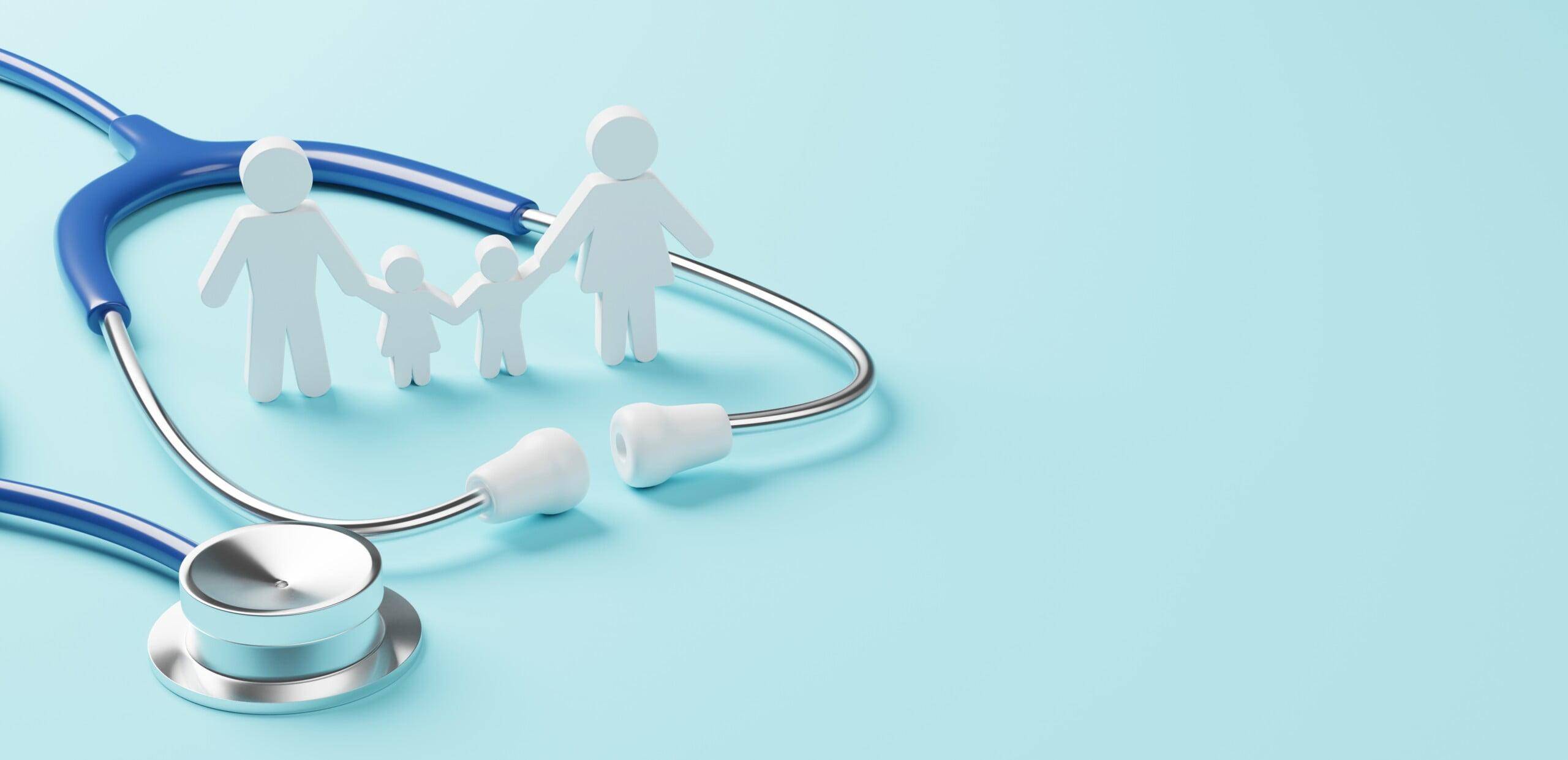Disease Prevention: An Islamic Perspective
As Muslims, we believe that Allah is the Creator and Sustainer of all things, and that He has power over everything. He is the Most Merciful, the Most Compassionate, and the Most Wise. He has sent us guidance through His prophets and messengers, and revealed to us the Quran and the Sunnah of Prophet Muhammad (peace be upon him). These sources of guidance teach us how to live in harmony with ourselves, with others, and with the environment. They also teach us how to prevent and deal with diseases and pandemics, which are part of the trials and tests that Allah has decreed for His creation.
In this article, we will explore some of the Islamic teachings and principles that relate to disease prevention, and how we can apply them in our daily lives. We will also discuss some of the benefits and wisdoms behind these teachings, and how they can help us achieve physical, mental, and spiritual well-being.
Cleanliness is Half of Faith
One of the most important aspects of disease prevention is cleanliness. Islam places great emphasis on cleanliness, both inwardly and outwardly. The Prophet Muhammad (peace be upon him) said: “Cleanliness is half of faith.” [Sahih Muslim] This means that being clean is a sign of faith in Allah, and a way of worshipping Him. It also means that being clean protects us from diseases and infections, and enhances our health and hygiene.
Islam teaches us to be clean in various ways, such as:
- Performing ablution (wudu) before prayer, which involves washing the hands, face, mouth, nose, ears, arms, head, and feet.
- Taking a bath (ghusl) after sexual intercourse or menstruation, or when in a state of major impurity.
- Washing the hands before and after eating, or when touching something impure.
- Brushing the teeth (siwak) regularly, especially before prayer and before sleeping.
- Clipping the nails, trimming the mustache, shaving the pubic hair, and plucking the armpit hair.
- Wearing clean clothes and changing them when they become dirty or sweaty.
- Keeping the house, the mosque, and the surroundings clean and tidy.
These practices of cleanliness not only purify us physically, but also spiritually. They help us remove the impurities from our bodies and souls, and make us more receptive to Allah’s blessings and mercy. They also make us more attractive and pleasant to others, and increase our self-esteem and confidence.
Eating Healthy and Moderately
Another aspect of disease prevention is eating healthy and moderately. Islam teaches us to eat what is lawful (halal) and good (tayyib), and to avoid what is unlawful (haram) or harmful. The Quran says: “O mankind! Eat of what is lawful and good on earth” [2:168] This means that we should eat food that is wholesome, nutritious, delicious, and beneficial for our health. We should also avoid food that is contaminated, spoiled, poisonous, or detrimental for our health.
Some examples of halal food are fruits, vegetables, grains, meat, milk, honey, dates, etc. Some examples of haram food are pork, alcohol, blood, carrion (dead animals), animals that die by themselves or are killed by other animals or by strangling or beating or falling or goring or are sacrificed on altars other than Allah’s name [5:3], etc.
Islam also teaches us to eat moderately, not excessively or wastefully. The Prophet Muhammad (peace be upon him) said: “The son of Adam does not fill any vessel worse than his stomach. It is enough for the son of Adam to eat a few mouthfuls to keep him going. If he must do that (fill his stomach), then let him fill one third with food, one third with drink and one third with air.” [Sunan al-Tirmidhi] This means that we should eat only what we need to satisfy our hunger and maintain our energy levels. We should not eat more than we need or crave for food that we do not need. We should also leave some space in our stomachs for water and air.
Eating moderately helps us prevent obesity, diabetes, heart diseases.



